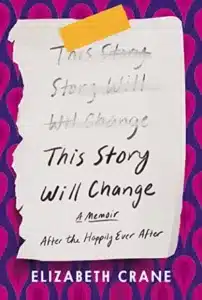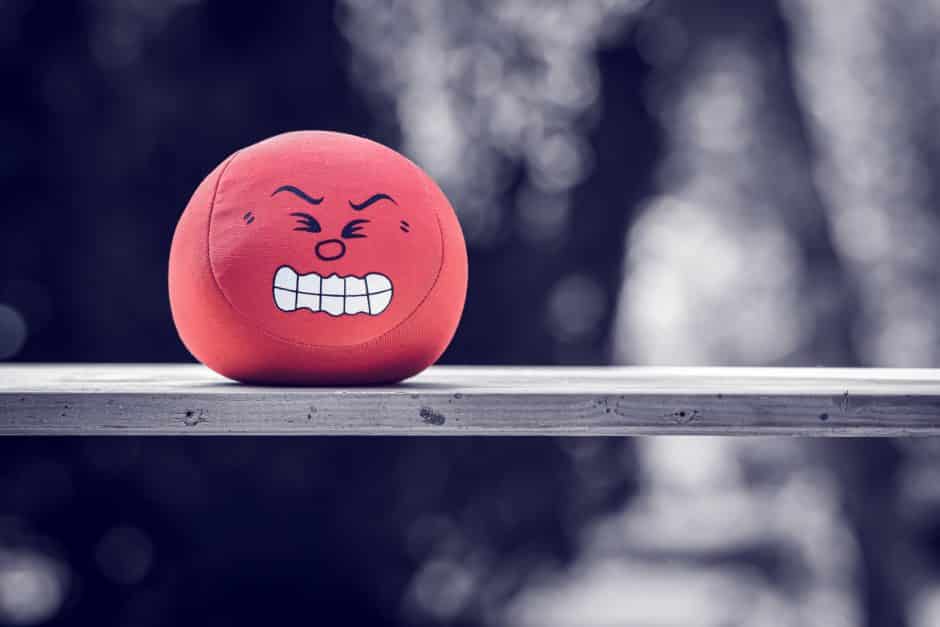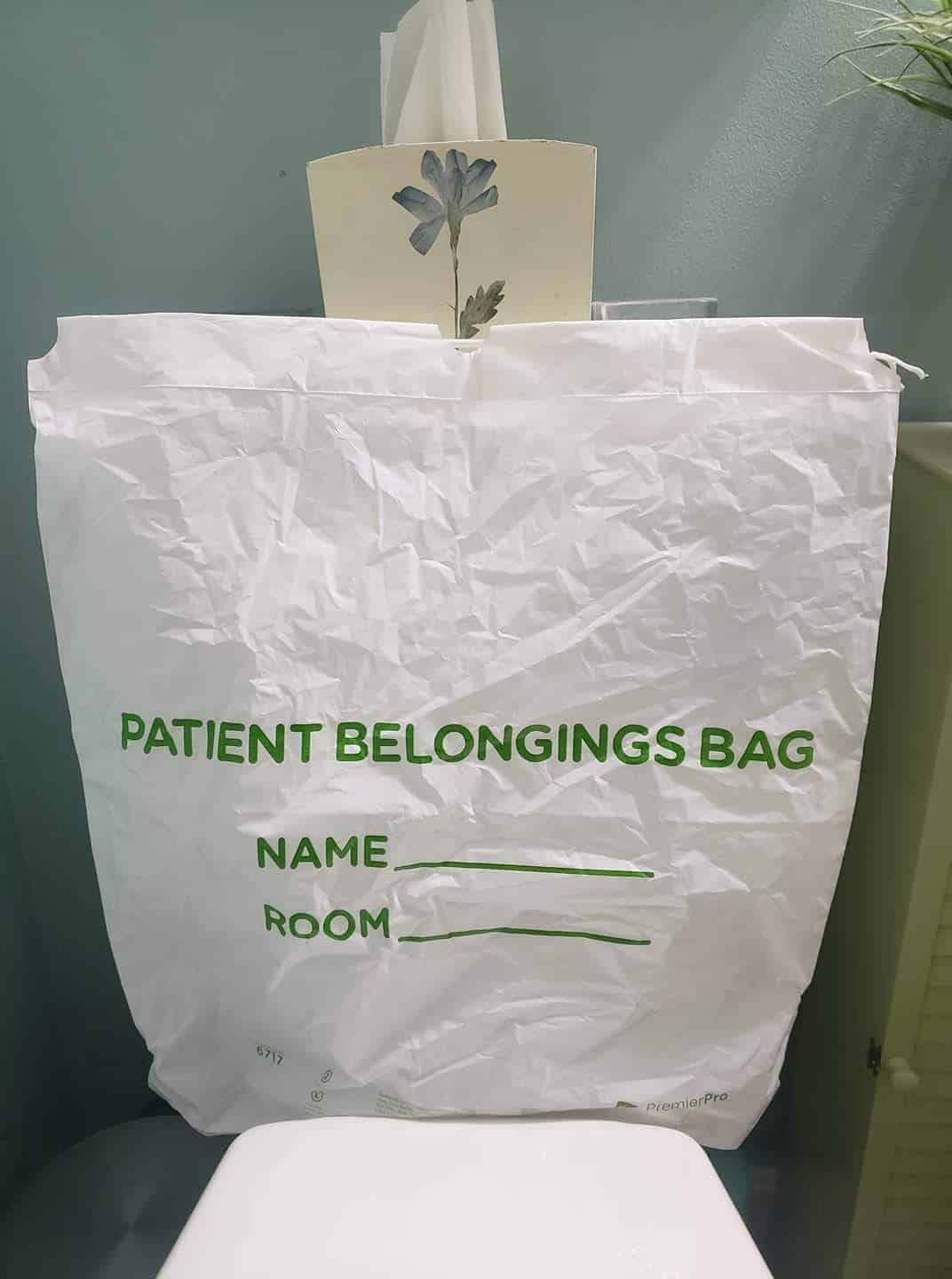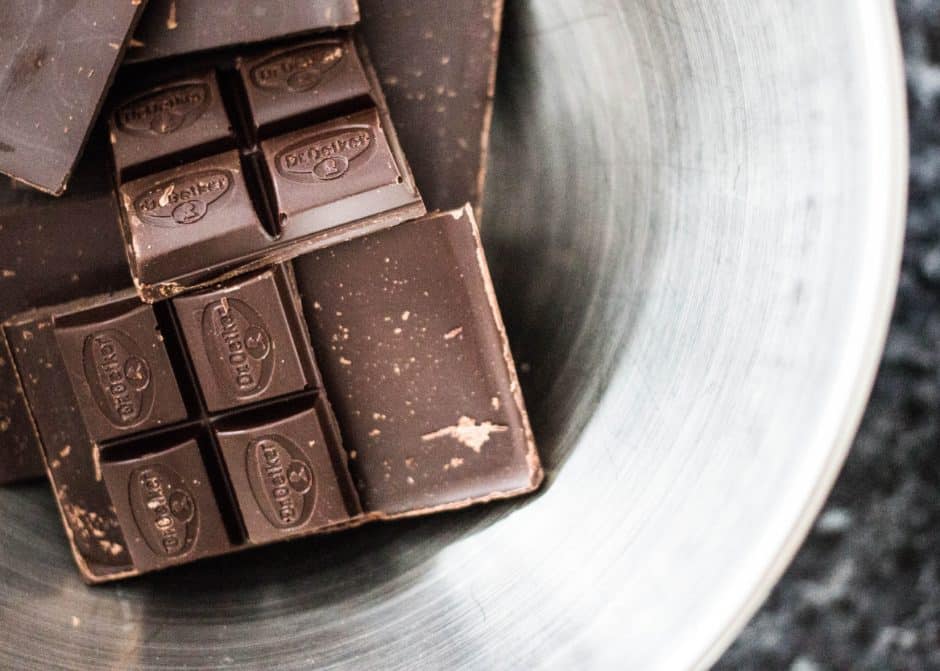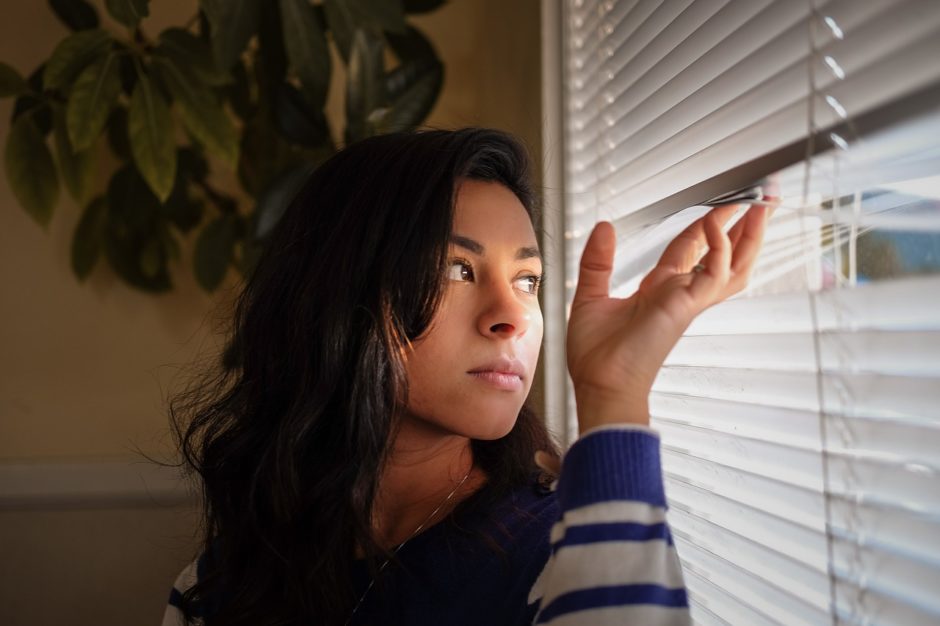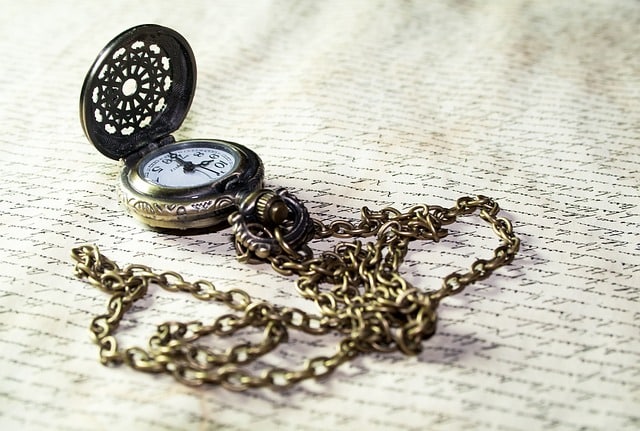Years after we had all moved out and gotten married, my mom bought herself a kitten. A medium-length tabby with soft gray fur named Jazz. Completely smitten, my mother went 100 percent cat lady and quickly decided that Jazz needed a friend. Along came a shorter haired gray kitty named Joy. My mom went gaga over these cats. They have more toys than I ever did growing up. She pays the cat sitter an exorbitant amount of money if she ever has to leave them. She lavishes them with more affection than I ever received. I’ve given my mother framed prints of her grandchildren and she responds with a curt thank you, but when given pictures of her cats she completely lights up.
Now when I bring my own children to visit, Jazz and Joy mostly hide when my rambunctious crew shows up. Eventually Jazz makes her way out of the bedroom and begs for attention, and then completely ignores you in the assholey way that cats do. Joy, the more timid and moody feline, avoids being held or even seen. Jazz sits on my dad’s lap every morning and they watch Perry Mason together. Joy, only shows her face for tuna fish and my mom.
Growing up we had a cat or two and occasionally a dog. There was a short run with a snake, fancy fish tanks and even ducks in the pond. My favorite, an overweight, odd-looking calico named Mittens. Her face and body, blotches of orange and black but all four feet seemed to be dipped in perfect white paint. I was fond of Mittens. She often slept on my bed but could just as easily be found in the yard stalking prey or wandering off for days at a time. There were no photos of our pets on the Christmas card. Pets were pets. They were reminders to feed and litter boxes to clean. If you were lucky, you could catch one long enough to snuggle.
I’m not completely sure when my mom crossed over from stressed to anxious, but the line has long been crossed. I remember her always working, cleaning or worrying but it has gotten progressively worse over the last several years. She keeps notes on all the doors to not let her kitties out, but I’ve never once seen either of these cats attempt to go outside. They probably don’t even know what grass feels like, but the idea of them running away terrifies my mother. These days, a lot seems to terrify her. Simple things, like a deleted junk email can send her over the edge.
When I visit I hate that I can expect to be woken up by the sound of the vacuum before the sun is up or my mom attempting to wash the sheets while I’m still snoring in them. Lately, it isn’t only the vacuum waking me but my mom calling for the cats long before dawn. Jazz usually turns up, but Joy always hides. My mom searches every room, regardless who is sleeping, turning on lights and looking under beds for Joy. It almost always results in tears.
“Where is my Joy kitty?”
“Help me find Joy?”
“Did you let her out?”
This is not a one- time occurrence. This is every visit. Every morning. She will not relent until someone gets out of bed and looks behind dressers and in closets never opened. On a recent weekend trip home, my father boiled crawfish that we ate by the pound. My daughter insisted on taking the boat to her favorite island. My son caught dozens of perch off the dock. The weather, food and company could not have been better. My kids, sunburned and content, had barely argued all day. I decided to reward them with snow cones and returned long after my parents usually go to bed. My children came in laughing with blue raspberry snow cone stained lips and I worried that I’d wake them. To my surprise my mom waited up, like I was a teenager. She was not worried about us, but wanted to be certain that we did not let the cats out. We watched her check the front door multiple times to make sure it was locked and the oven three times to make sure it was turned off before finally going to bed. She walked upstairs and asked if we could leave the bathroom light on for the cats.
I said yes without asking any questions. My daughter puzzled by this behavior went quiet. Her smile gone, but she knew better than to ask why. She turned to me and you could read the worry on her twelve -year -old face.
“Mom, how do you not have anxiety?” she asked, but what she meant was,
“Will you be like this too? Will I?”
I told her that of course I have occasional anxiety. Just not to that extreme. I reminded her of tools we can use to help and rattled off several examples. My preteen just sighed. “I know how to breathe.”
I want to assure her in a hundred ways that I am not my mother. I want to point out all our differences. That I sing loudly in the car, that I laugh often, I rarely cry over emails and that I run the vacuum even less. The truth, however, is that sometimes I do worry, I will catch “it”, whatever “it” is. This crippling anxiety. This unpleasantness for life.
This complete lack of joy.
And right that moment, I hear my mom calling downstairs. She is close to tears, “ Here, Joy kitty, where are you?”
My mom, forever hunting for Joy.
Michelle Hurst is a writer and educator in Texas. Her favorite topics to write about are faith, chronic illness, hope, family relationships, and middle age. You can read more at www.michellewallishurst.com.
***
Wondering what to read next?
This is not your typical divorce memoir.
Elizabeth Crane’s marriage is ending after fifteen years. While the marriage wasn’t perfect, her husband’s announcement that it is over leaves her reeling, and this gem of a book is the result. Written with fierce grace, her book tells the story of the marriage, the beginning and the end, and gives the reader a glimpse into what comes next for Crane.
“Reading about another person’s pain should not be this enjoyable, but Crane’s writing, full of wit and charm, makes it so.”
—Kirkus (starred review)
***


